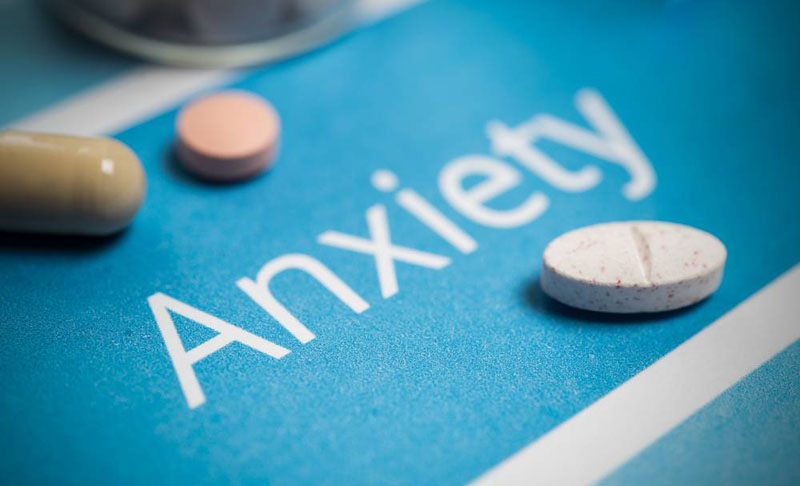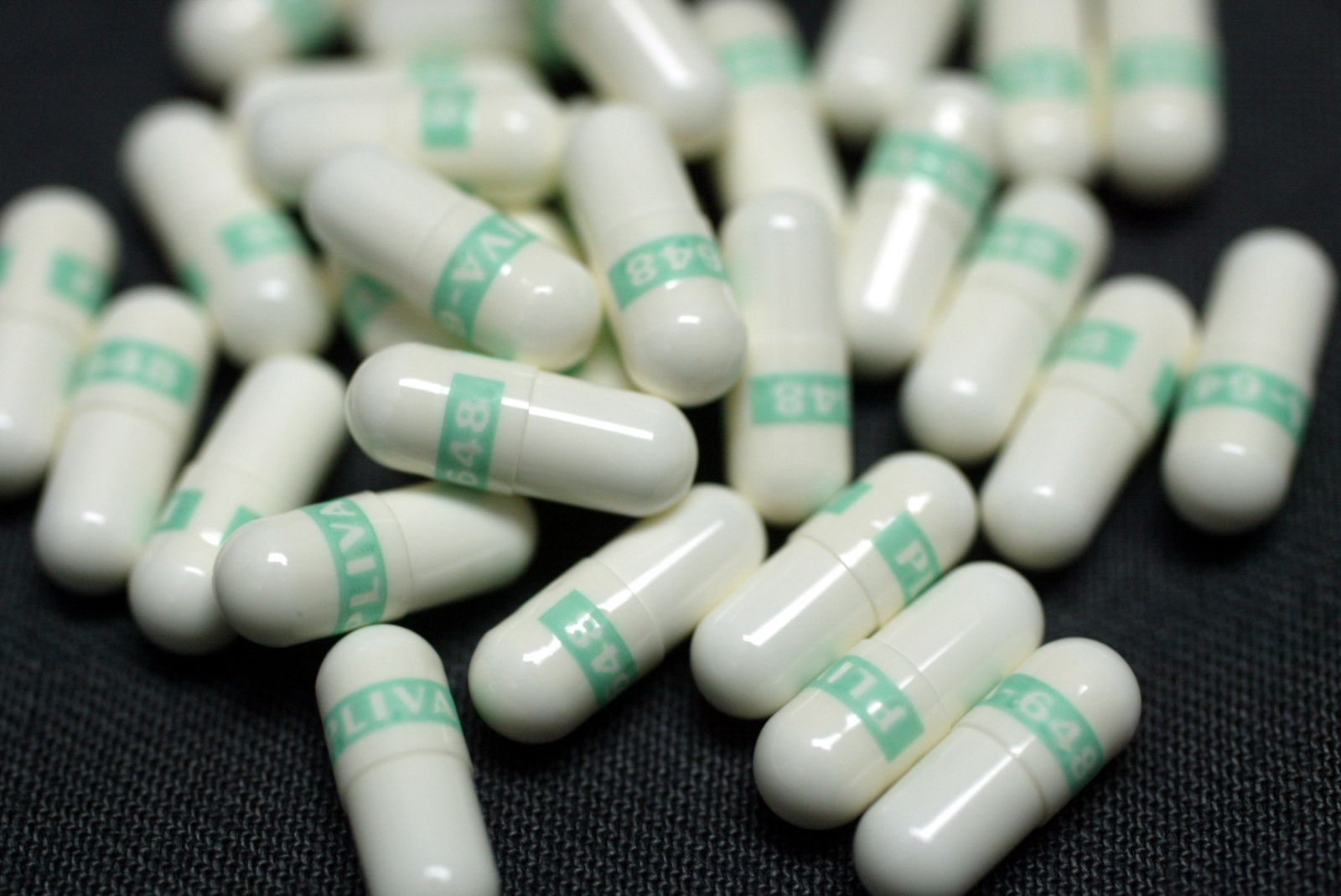

The risk of dependency associated with benzodiazepines can be fatal. That means 27% of all doctors' office visits result in a prescription for a benzodiazepine. National Center for Health Statistics found that benzodiazepines are prescribed at 66 million doctors' appointments every year in the U.S. Even before the onset of the COVID-19 pandemic, a report prepared by the U.S. That means more than 18% of benzodiazepine users nationwide have acknowledged misuse, and yet prescription of benzodiazepines remains widespread. Of the 30.5 million Americans over age 12 who have used some form of benzodiazepine, 5.6 million have admitted to misusing the drugs. Benzodiazepine tolerance rapidly builds, creating a high risk of abuse and physical dependency, and when combined with certain other drugs such as opioids, potential overdose and death. The current standard of care for anxiety disorders includes a combination of psychotherapy (including cognitive behavioral therapy) and prescription medications, such as antidepressants (serotonin-norepinephrine reuptake inhibitors (SNRIs) and selective serotonin reuptake inhibitors (SSRIs)), and a class of nervous system depressants known as benzodiazepines.įor individuals living with anxiety disorders that interfere with their ability to function in their daily lives such that prescription medication is warranted, the side effects and safety risks – particularly from use of benzodiazepines – are yet another challenge they must reckon with. Unfortunately, the current standard of care is largely inadequate to handle to projected need. These increases signal that more Americans are likely to seek treatment for anxiety disorders in the coming months and years. The psychological toll of the pandemic is unlikely to wane soon studies show that negative psychological effects of quarantine can last up to 3 years and that incidences of post-traumatic stress disorder (PTSD) are four times higher among people who have been quarantined compared to those who were not. Data from Mental Health America (MHA) found that in June 2020 there was a 457% increase in anxiety and depression screenings from January 2020, and 80% of participants screened positive for moderate to severe anxiety. In addition, what was already an overwhelming problem has grown significantly since the start of the COVID-19 pandemic and in connection with the onset of recent civil unrest. With the rise of pressures from social media in recent years, especially among adolescents, that number might be even higher today. Today, that rate has grown even more: 7.4% of all children aged 3 to 17 in the U.S are diagnosed with an anxiety disorder, approximately 4.5 million young people. The rate at which children are diagnosed with anxiety disorders has been steadily increasing, from 5.5% of all children in 2007 to 6.4% of all children by 2011. If America's youth are a barometer for the future, research suggests the problem is only growing. More than 40 million Americans are living with an anxiety disorder.

The Rise Of Anxiety DisordersĪnxiety disorders are on the rise.

If these new generation alternatives are developed successfully in adequate and well-controlled clinical trials, the future of anxiety disorder treatment will look drastically different from the current standard of care, and that sea change couldn't come a moment too soon. As anxiety disorders become more common and stress from the diverse impacts of the COVID-19 pandemic threaten the mental/emotional well-being of Americans everywhere, it is clear that the current standard of care for anxiety disorders falls short in meeting the growing need.Īs researchers learn more about psychological therapy for anxiety disorders and medication options to complement it, efforts are underway to develop innovative medications to displace current anti-anxiety drugs that are not effective for all patients and are associated with significant potential side effects and safety concerns, especially benzodiazepines.


 0 kommentar(er)
0 kommentar(er)
